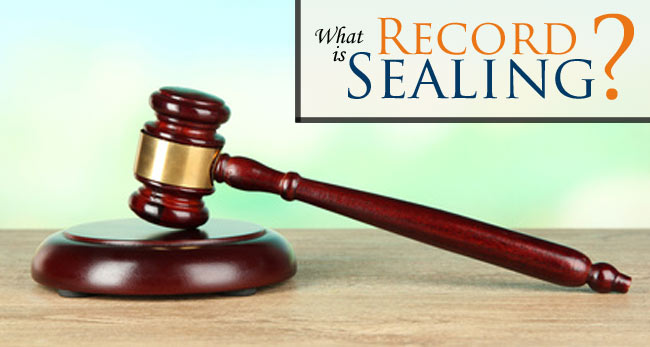
- Some people who have acquittals, deferred judgments or arrests without charges are allowed to seal their criminal records.
- In some situations, the law also allows the person to say they don’t have any charges or convictions on their record.
- Some provisions of the record sealing statute make it illegal for employers to ask about sealed cases.
Let’s look closer at the law in order to determine whether or not sealing your record is right for you. Criminal law is complex, so if you are wondering whether or not your record is sealable, it is best to contact an experienced criminal defense attorney who can take a look at your case for you.
Why Should I Seal My Criminal Record?
Housing: It can be difficult to escape your past. Many landlords do background checks on potential renters, and find out about previous criminal offenses. Often, they won’t allow you to rent from them. In many situations, we are able to seal your record, which doesn’t allow landlords to see your criminal record.
Neighbors and Reputation: Unsealed records are easily located in our digital age. Often, neighbors and acquaintances can look up your past crimes and spread rumors about you. When you seal your record, you know that you’ll be able to move into a new neighborhood and start fresh.
Employment: Many employers conduct background checks on applicants. This is a simple way for employers to eliminate people in a competitive job environment. You can’t afford to have an unsealed record if you are looking for a job. Sealing your record will ensure that you won’t be overlooked for a position because of your past.
Traveling: It can be difficult to travel to foreign countries with a criminal record. Sealing your record makes it much more difficult for governments in other countries to access your record and refuse you entry into their country.
Why You Need a Lawyer to Seal your Record
Criminal law is complex. Not all records are sealable – they must be authorized under Colorado law. And, the record sealing applications are susceptible to mistakes. This is why you need to work with an experienced criminal defense lawyer to make sure:
- Your records are sealable,
- Sealing is done correctly.
- The correct parties are served your sealing court order.
Records That Can’t Be Sealed: Make Sure They’re Correct
Only authorized criminal records are able to be sealed. If a record cannot be sealed, you still need to make sure it has correct information. For example, sometimes people in Fort Collins, Loveland, and Estes Park are overcharged with a felony, but ultimately they plead guilty to a misdemeanor. But, their record still displays the felony as if it was a conviction. An incomplete or incorrect criminal record is important to update – you don’t want your housing decisions or job opportunities to be decided by misinformation.
Our Involvement Will Ensure an Error Free Process
We work with the Colorado Bureau of Investigation and the courts to make sure that your criminal record is accurate, even if it isn’t sealable. If your record can be sealed, we work hard to make sure the sealing process is smooth and error-free. Both these options will give you freedom – no one will be able to misinterpret your past, and you will be treated fairly after background checks.
Who Can Seal Their Record
Any person who has a criminal conviction may be able to seal their record, especially those who received a deferred judgment, non-charge (after an arrest), or a dismissal. Even some actual convictions can now be sealed. There are many different options available when sealing your record. But, it is a complicated process. Don’t attempt to take such an important step for your future without the help of a qualified, experienced attorney. The criminal lawyers at our office have over 25 years of experience in the record-sealing process. Contact us for a free consultation – we are a valuable source of information.


